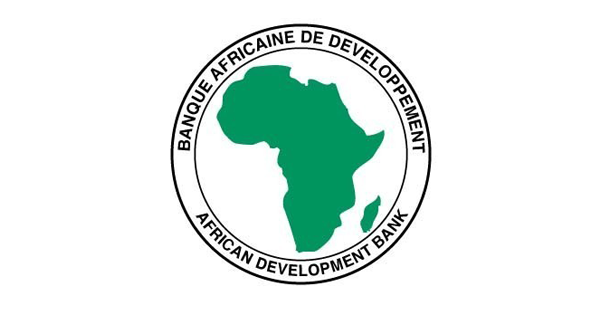By Asmau Ahmad
The African Development Bank (AfDB), says addressing plastic pollution requires effective multi-stakeholder partnerships among the government, private sector, youth groups and Civil Society Organisations (CSOs) .
The Director-General, Nigeria Country Department of AfDB, Lamin Barrow, in a statement, was quoted to have spoken at a Webinar to commemorate the World Environment Day.
Barrow said that collaborative efforts would help to mitigate the challenges posed by plastic pollution and create a sustainable future for the continent.
“Nigeria and other African countries must explore new strategies to control, if not entirely eliminate, single use plastic.
“Among the crucial steps in combating plastic pollution is raising public awareness and educating citizens on environmental and health impacts of plastic waste pollution.
“Through comprehensive campaigns, leveraging various communications platforms, workshops and educational programmes, individuals can be sensitised to adopt environmentally friendly and sustainable practices to reduce, reuse and recycle plastic waste.
Barrow said by highlighting the negative consequences of plastic pollution and providing viable alternatives, awareness campaigns could inspire behavioural changes and promote responsible plastic consumption.
He said it was also important to mention some of the opportunities that plastics offered through repurposing and reuse.
According to him, the theme for this year’s World Environment Day is well-aligned with the AfDB’s priorities.
According to the director-general, the plan provides a framework for stakeholder collaboration to tackle the problem of plastic waste pollution in the country, and promote circular economy practices.
Barrow restated the need for Nigeria to invest in infrastructure for waste collection, sorting and recycling.
Barrow further said that implementing strict regulations and bans on single-use plastics was an effective measure to combat plastic pollution.
He urged government to take a cue from countries like Rwanda, which had successfully implemented such policies and regulations.
He said that Cote D’Ivoire, since 2014 had banned the production and use of plastic bags in the country.
The director-general reiterated some programmes the bank and its key partners had rolled out to address plastic pollution in Africa through the circular economy approach.
He named some of the programmes to include; host of the Secretariat of the Africa Circular Economy Alliance to spur Africa’s transition to a Circular Economy.
Barrow said with concerted efforts, sustainable solutions could be found to tackle the problem of plastic pollution, which poses a major threat to the environment, ecosystems and public health.
He said by raising public awareness, strengthening waste management systems, promoting biodegradable alternatives, implementing regulations, and fostering greater collaborative partnerships with industry and other non-state actors, Nigeria could effectively address plastic pollution.
He, therefore, urged government, businesses, youth groups and communities to develop innovative partnerships to create a cleaner and healthier future.
The director-general urged the preservation of Nigeria’s natural beauty for the present and future generations, saying “We must say NO to single use plastics.”
Barrow assured the Bank’s strong commitment to supporting the endeavours to turn the challenges posed by plastic and other wastes into opportunities toward building a greener and circular economy.
Plastic pollution poses a significant environmental challenge worldwide.
It is estimated that seven billion tons of plastics are produced each year globally and about 21 million tons finds their way to the rivers, the seas, and the oceans where they can remain for a thousand years.
Only about 10 per cent of the plastics are recycled globally. The rest are dumped arbitrarily in open spaces, creating public health problems, damaging our ecosystem and defacing the aesthetics of our cities.
The story of Nigeria, Africa’s most populous nation, is not different. Indeed, plastic pollution ranks among the topmost environmental challenges in the country, evidenced by the huge tons of plastic waste generated on a daily basis, particularly in our teeming cities and urban areas.




